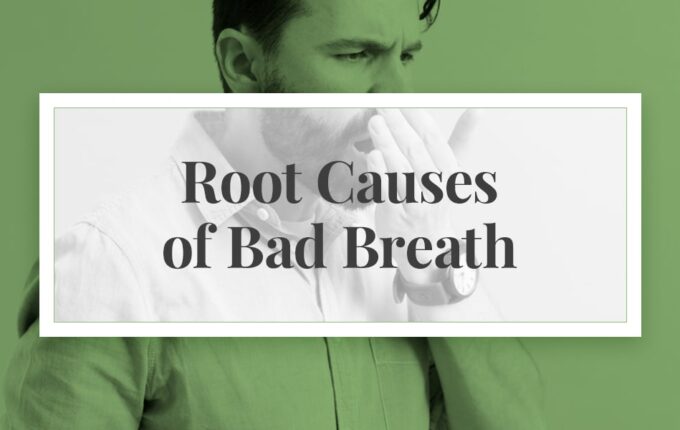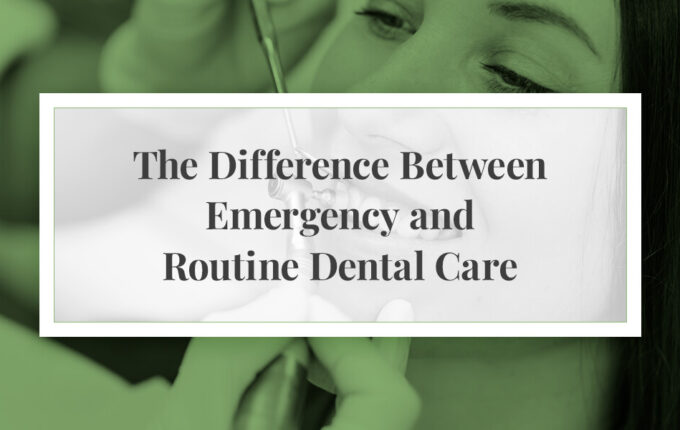Why Is My Tongue Black?
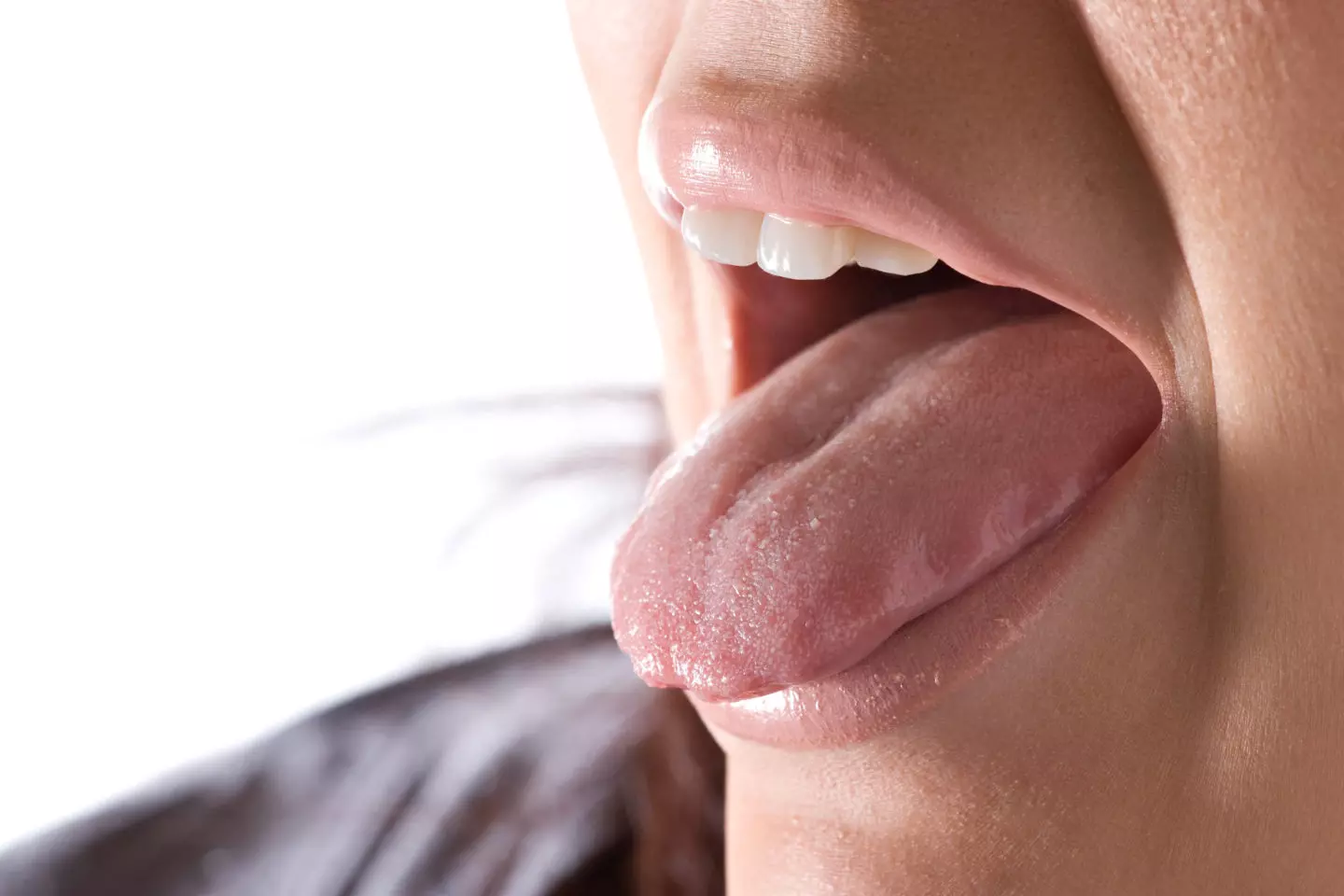
It can be a startling moment — you look into your mirror in the morning and notice that the surface of your tongue is dark rather than pink, and you think, “Why is my tongue black?” Stay calm. The good news is that black tongue is usually harmless and will resolve itself.
Feeling concerned and shocked is entirely normal. This condition can appear alarming and unusual, especially if you’re unfamiliar with the ailment and its causes. Is it contagious? Is it a sign of a serious health issue? In all honesty, while seeing that part of your tongue has blackened can be startling, this is typically a benign condition.
In this blog post, we’ll explore:
- Common causes of black tongue
- What symptoms to look out for
- The most effective treatments for black tongue
- How to prevent black tongue from happening again
Why Has My Tongue Become Black?
Our tongues are composed of papillae, which are the little bumps on the surface of our tongue that help us to taste. Usually, the cells on the top of our tongue shed, and new, fresh cells take their place.
On occasion, the cells don’t shed well. If the cells accumulate, a protein known as keratin becomes trapped on the surface of the skin. This buildup causes the papillae to enlarge, presenting as long, hairy growths. Food debris, bacteria, and yeast become trapped in the growths, causing the tongue to turn black. For this reason, the condition is known as black hairy tongue.
This discoloration may appear alarming, but it’s essential to recognize that a black tongue is typically a cosmetic issue rather than a medical emergency or an underlying symptom of a more serious condition. That said, tongue discoloration can mean you’re dealing with poor oral hygiene, side effects from medication, or something similar that requires a dental professional’s evaluation.
What Are The Causes Of Black Tongue?
A black tongue can be caused by the extensive use of antibiotics, which can disrupt the balance of bacteria in the mouth. Other medications that can cause this condition include orally sprayed steroids and bismuth subsalicylate. Even mouthwashes containing peroxide can cause a black tongue.
Poor oral hygiene can also lead to a black tongue. Examples include not brushing twice or not flossing once a day. Not gently scraping the tongue after each meal can also contribute to a black tongue. If you have dry mouth, or xerostomia, more bacteria may accumulate on your tongue because there is less saliva flow. Your diet can also contribute to a black tongue. If your diet is low in fiber, the cells on your tongue may be exfoliated less, which can lead to bacterial growth.
Certain medical conditions can increase your susceptibility to black tongue. If you have diabetes, HIV, or other conditions that weaken your immune system or if you are undergoing radiation therapy, you may be vulnerable. Trigeminal neuralgia affects the trigeminal nerve and can also be a risk factor.
Professional Black Tongue Treatment
Symptoms of Black Hairy Tongue
The most obvious symptom of this condition is that the top of your tongue will look black. However, your tongue may also look green, brown, beige, or yellow depending on what bacteria are trapped in the enlarged papillae.
Other symptoms of black hairy tongue can include bad breath, a metallic taste in your mouth, and even irritation or a gagging sensation caused by overgrown papillae in the back of your throat. Additionally, the top of your tongue may look furry or hairy.
Some individuals may experience a slight tingling or tickling feeling on the roof of the mouth or back of the throat (depending on where the elongated papillae are). Individuals with severe cases may experience difficulty swallowing and speaking more than usual.
Treatments for Black Tongue
You can take several steps to help a black tongue disappear more quickly. One tip for preventing black tongue is to eat a high-fiber diet, which helps remove dead skin cells from the top of your tongue. If the issue is caused by medication, discuss possible alternatives with your doctor.
A dentist can use a dental laser to remove the hairy growths. They may also prescribe a topical retinoid to exfoliate the cells on your tongue’s surface. If an infection is present, you may need to use an antibacterial or antifungal rinse.
How To Prevent Black Tongue
You can reduce the risk of black tongue by brushing your teeth twice a day for at least two minutes and by using a tongue scraper or soft toothbrush to gently remove dead skin cells from the tongue after each meal. You can also place a small amount of baking soda on a toothbrush and use that to scrape your tongue. Using fluoride toothpaste and flossing before bedtime can also help.
Increasing moisture in your mouth is also helpful for preventing black tongue. Drink plenty of water and chew gum with xylitol to increase saliva flow. You can further avoid dry mouth and black tongue by rinsing with salt water three times a day. You can create your saltwater mixture by dissolving a teaspoon of salt in a cup of water.
Additional tips to prevent black hairy tongue from forming include:
- Quit smoking cigarettes and chewing tobacco.
- Limit your consumption of dark beverages, such as black tea, coffee, and red wine.
- Brush and floss your teeth daily for a bacteria-free mouth.
- Schedule and attend regular dental cleanings.
Schedule an Appointment at 209 NYC Dental
Wondering “Why is my tongue black?” and having other questions about this condition is understandable. Having a black tongue can make you self-conscious, but it is usually temporary and harmless.
If you have tried treatments for black tongue with no luck, or it has been discolored for more than a week, see us at 209 NYC Dental. With medication adjustment, removal of elongated papillae, and other treatments, we’ll find out what is causing your black tongue and remedy this situation right away.
Schedule an appointment today by calling 212-355-2290. You can also book your consultation online with 209 NYC Dental by clicking or tapping the button below.
 Our History
Our History
 Our Providers
Our Providers
 About Us
About Us
 Blog
Blog
 Contact us
Contact us
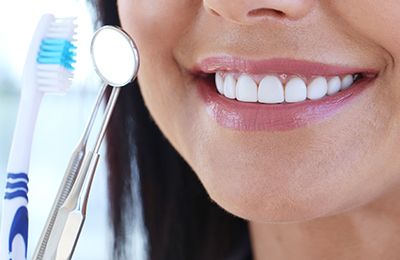 Diagnostic & Preventive
Diagnostic & Preventive
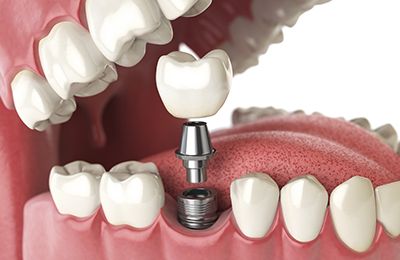 Implant Dentistry
Implant Dentistry
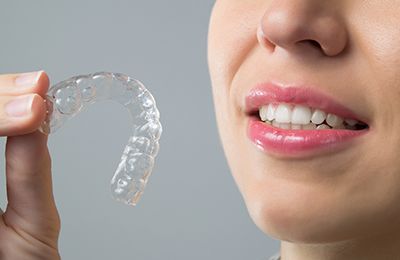 Clear Braces - Invisalign
Clear Braces - Invisalign
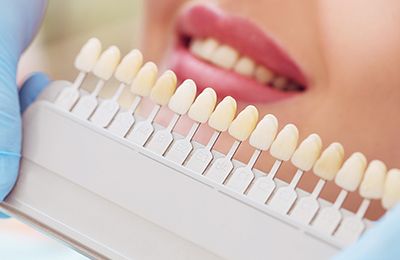 Cosmetic Dentistry
Cosmetic Dentistry
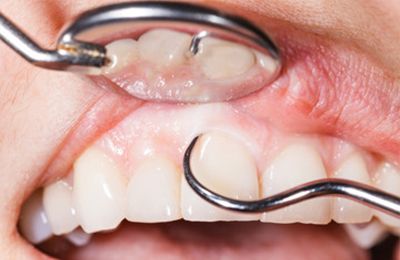 Periodontics
Periodontics
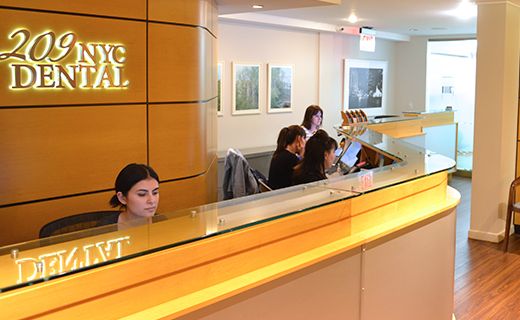 Patient Forms
Patient Forms
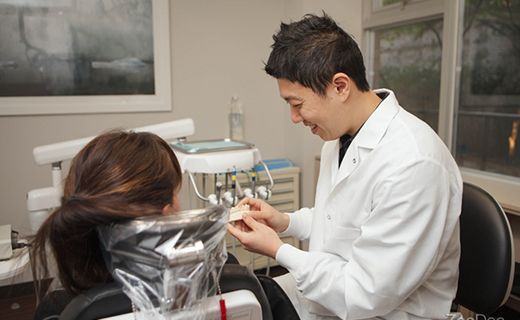 Payment Information
Payment Information
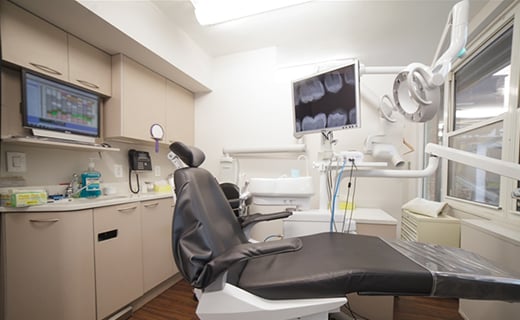 Insurance Options
Insurance Options
 CareCredit Dental
CareCredit Dental
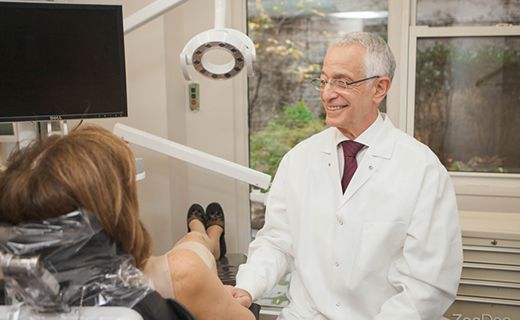 Appointment Policy
Appointment Policy
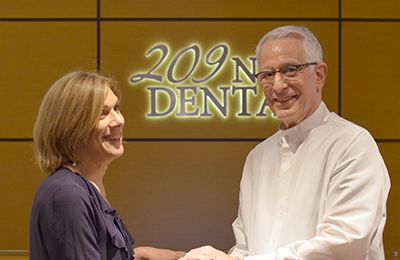 Free Consultation
Free Consultation
 Complimentary Teeth Whitening
Complimentary Teeth Whitening
 Teeth Whitening
Teeth Whitening

